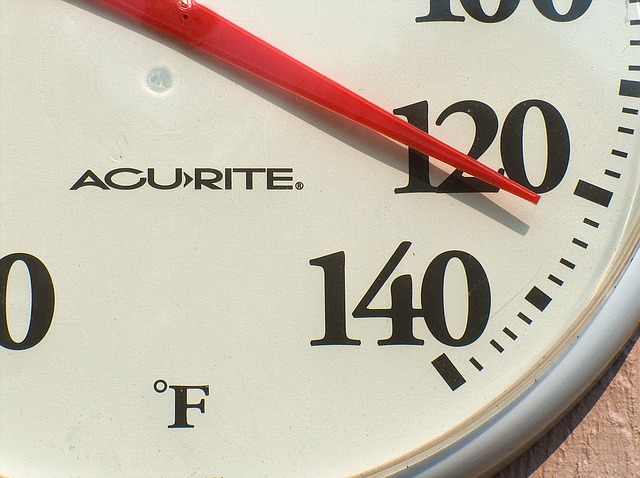Recent rains aside, with record temperatures in June and the forecast for July hotter still, we appear to be right in the middle of a heat wave here in the UK, and there’s no telling how long it’s likely to last. In fact, you often can’t even rely on the weathermen to give you an accurate outlook, so it’s just a case of enjoying it while you can, or if you’re very typically British, hoping and praying that it ends soon.
But there are a couple of things that you CAN guarantee when the temperatures start to soar….Beer gardens will be packed full of punters. You won’t be able to find any sausages in the supermarkets for love nor money. You’ll be bombarded with leaflets from your local barbecue equipment supplier. And up and down the country, clammy office workers will be throwing open the windows and counting down the minutes until 5pm.
No one wants to be at work when the weather’s glorious outside, but as an employer, what are your responsibilities when it comes to maintaining a comfortable working environment?
You might be surprised to discover that no concrete legislation exists on this matter. The Workplace (Health, Safety and Welfare) Regulations 1992 state that the temperature in the workplace must be “reasonable”. There is, however, no maximum temperature.
The TUC have recently waded into the debate, and they are lobbying hard for a complete review of workers’ rights, urging firms to let workers go home if the temperature reaches 30C or 27C if they are carrying out physical work.
What constitutes as reasonable is open to interpretation, but you should consider the nature of your workplace, and the kind of work that is being carried out. It goes without saying that if the temperatures hit the 30s, then workers carrying out manual jobs outside are going to experience discomfort, and you need to consider their general health and wellbeing, as well as reconsidering any performance targets that they might have.
Worrying about warmer weather and the impact that it might have on your workforce is something that we rarely experience in the UK. We’re more likely to have to think about how our staff will get into work if a snowstorm brings the roads to a standstill, or what will happen if the heating packs in during the darkest depths of winter.
The bottom line? Exercise some common sense. Keep the best interests of your staff at the front of your mind. And try to not fret about it too much. After all, it’s almost definitely not going to last long…





















